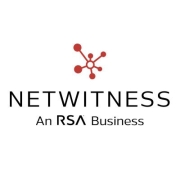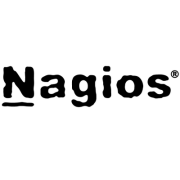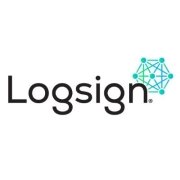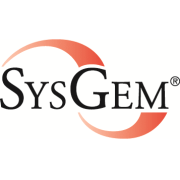Log Management is the practice of collecting, storing, and analyzing log data from various sources within an IT environment to improve security, compliance, and operational efficiency.
Efficient Log Management allows organizations to detect anomalies, troubleshoot issues, and ensure compliance with industry regulations. Logs come from diverse sources, including servers, applications, and network devices. Handling and analyzing this data effectively can offer significant insights into system health, user activities, and potential security threats. Leveraging robust Log Management solutions helps in centralizing log data, simplifying the analysis process, and enhancing overall IT operations.
What are the critical features to look for in Log Management solutions?
What benefits or ROI should users expect when evaluating Log Management solutions?
In sectors such as finance, healthcare, and e-commerce, Log Management solutions help ensure transaction integrity, patient data security, and user activity tracking. These industries demand robust compliance and security measures due to sensitive data handling. Implementing effective Log Management practices supports these requirements by providing comprehensive visibility and control over log data, aiding in real-time threat detection, system audits, and compliance reporting.
Adopting Log Management helps organizations gain insights into their IT environments, improving their ability to troubleshoot, enhance security, and maintain compliance. It is a key practice for any organization aiming to maintain efficient, secure, and compliant IT operations.







































































































For DevOps (the combination of software development and IT operations into a single team), automation is essential in shortening the systems development lifecycle while continuously delivering high-quality software.
Log management is useful when things are running normally, as mentioned above, to provide you with information and help you make business decisions. But logs are also your first indication when a problem is occurring. There are all kinds of issues that need to be caught, and not all of them necessarily show up in the user interface. There are bugs that waste resources, open security holes, and degrade performance, often without being obvious. Other problems can affect the user but it might be hard to trace them to their cause without the right information.
Log management is especially important for cloud-native applications because they are so dynamic and the data is so distributed. Each set of logs also generates database logs, infrastructure logs, subcomponent logs, etc., creating a multitude of potential sources for whatever issue happens to arise. There is so much raw data available that it’s virtually impossible for a human being to sort through the information and figure out what is and isn’t valuable. Statistical analysis involves a great deal of number-crunching as well as comparison with previous log data. Sophisticated software assistance is necessary in order to get insights out of that much data. Log management provides a holistic, realistic view that enables visibility, allowing you to identify trends across your company’s entire infrastructure, so that you can adapt early and prevent problems rather than waiting to solve them after they crop up.
Log Management enhances security by providing a centralized way to collect and analyze log data from various sources in your IT environment. It helps you identify security breaches, anomalies, and patterns by correlating logs from different systems. This enables you to detect threats in real-time and respond to incidents promptly, minimizing potential damage to your infrastructure.
What are the key features to look for in a Log Management solution?When evaluating Log Management solutions, look for features such as scalability to handle large volumes of data, real-time monitoring and alerting, advanced search and filtering capabilities, and support for a wide range of log formats. Additionally, the integration with other security tools, customizable dashboards, and compliance reporting capabilities are crucial for meeting your specific organizational needs.
Can Log Management aid in compliance efforts?Yes, Log Management solutions play a vital role in compliance efforts by providing reliable log storage, audit trails, and reporting functionalities that meet regulatory requirements. They enable you to demonstrate adherence to standards like GDPR, HIPAA, or PCI-DSS by retaining the necessary log data and ensuring its integrity, making it easier to pass audits and avoid penalties.
What are the challenges in implementing Log Management?Challenges in implementing Log Management include handling large volumes of data, ensuring the compatibility of log formats, and managing data retention and storage costs. You also need skilled personnel to analyze logs effectively and utilize the software to its full potential. Overcoming these challenges involves choosing a scalable solution and investing in training and resources to maximize its benefits.
How does Log Management enhance operational efficiency?Log Management boosts operational efficiency by automating the collection and analysis of log data from diverse systems, reducing manual intervention. It provides actionable insights and identifies performance bottlenecks, downtime causes, or system misconfigurations quickly. By improving visibility into your IT operations, it helps you streamline processes, reduce operational costs, and maintain optimal system performance.